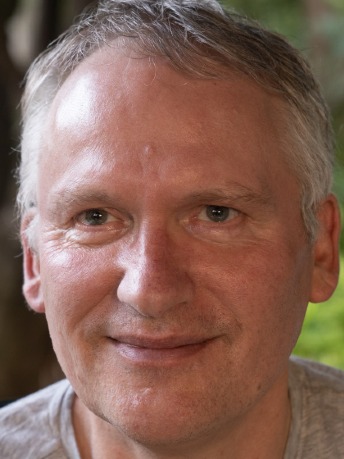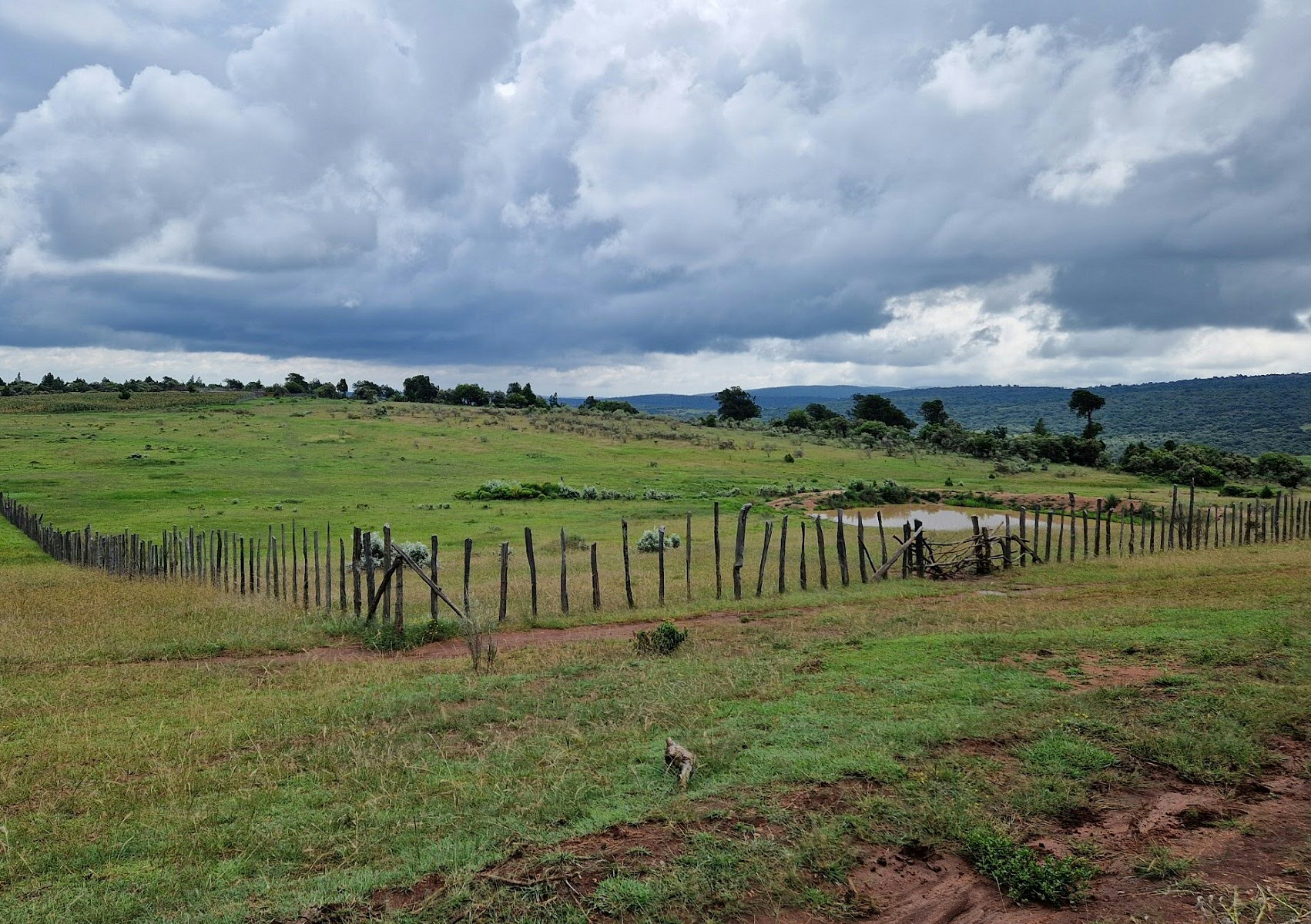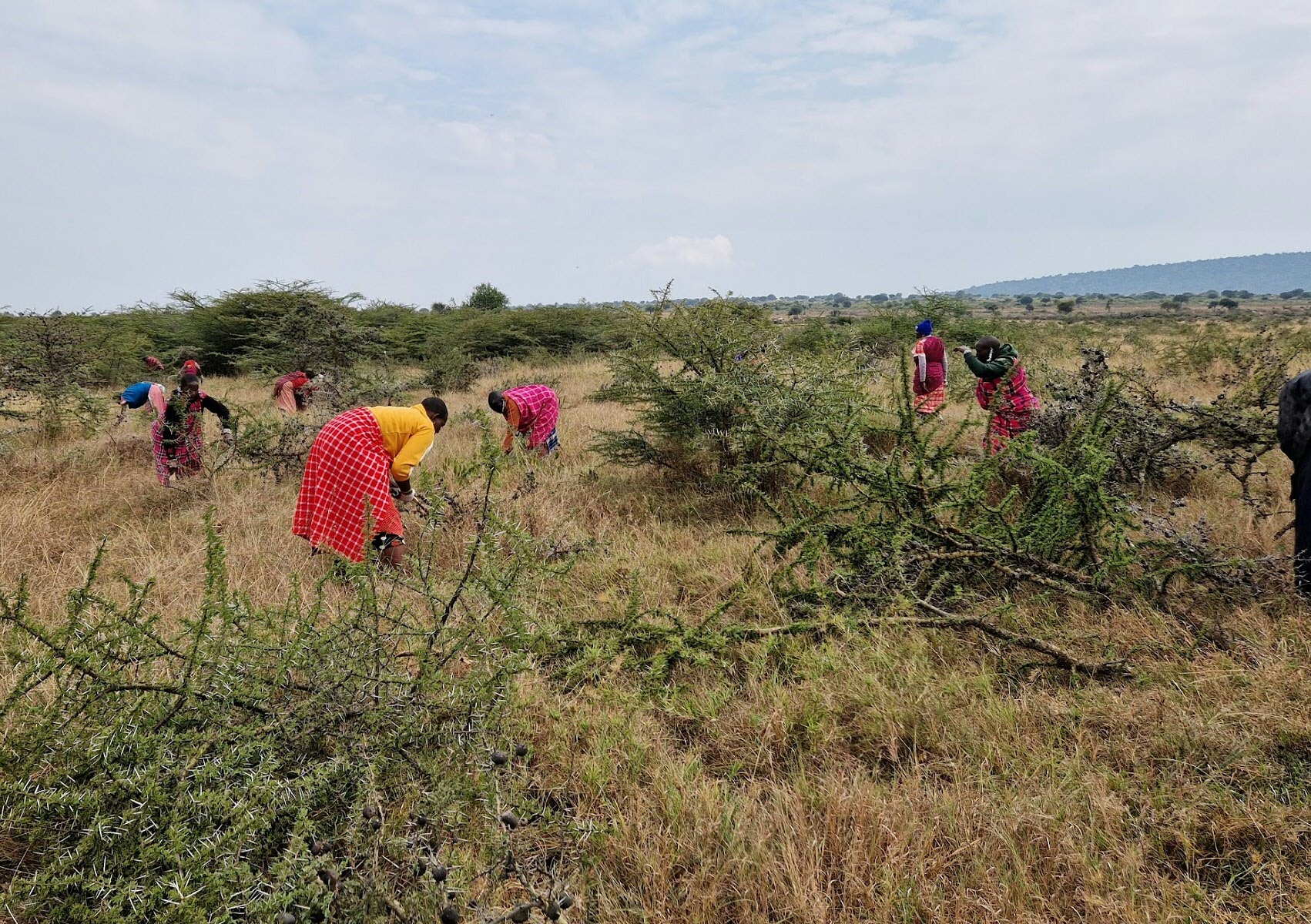UG leads global broad research on biodiversity restoration

A research consortium led by UG Professor of Ecology Han Olff has been awarded a €7 million grant by the Dutch Research Council (NWO). In the coming years, the transdisciplinary consortium named CurveBend seeks to develop a new approach to biodiversity restoration in areas where livestock farming is a major form of land use in the coming years.
Spatial needs of animals
Globally, biodiversity is under severe pressure, and efforts to restore it are not successful enough. By developing a new approach, the researchers hope to change that. The researchers involved in CurveBend study the spatial needs of animals regarding different habitats at the landscape scale—areas of more than 100 hectares—as well as people’s requirements for different parts of the landscape. These requirements may pertain to housing, food production, or leisure activities, for example.

Three regions
Their researchers visiting the places in question, CurveBend conducts fieldwork in three lifestock-dominated regions: the low-lying Dutch grasslands, the Argentinian Pampas, and the savannah in Tanzania/Kenya. In this way, the researchers aim to find innovative and applicable solutions for biodiversity restoration at the landscape scale that inspire worldwide. Central to these solutions is the integration of ecological needs of animals and the social needs of people in a socio-ecological living landscape to restore biodiversity.
Societal partners
In the first phase, year 1 to 4, the project looks at new, joint initiatives in which all relevant parties in a region—such as residents, farmers, and nature conservationists—reinforce rather than oppose each other. In co-creation with them, the researchers seek solutions to their mismatches. The later phase, year 5 to 7, of CurveBend will incorporate the existing strategies of the three regions into a comprehensive approach to biodiversity conservation that should yield globally applicable principles.

Researchers and partners involved
On behalf of the University of Groningen Prof. Han Olff (lead applicant), Prof. Chris Smit, Prof. Christiaan Both, Dr Frans Sijtsma, Dr Michiel Daams, Prof. Pablo Tittonell, Prof. Robert Lensink, and Prof. Theunis Piersma are involved in CurveBend. In addition, researchers from Leiden University, Wageningen University & Research, and universities in Kenya and Argentina, among others, are collaborating on the project.
Societal partners include conservation organizations such as Staatsbosbeheer, Het Groninger Landschap, Vogelbescherming Nederland, Tanzania National parks, and Aves Argentinas. In addition, local, regional, and national governments such as the Province of North Holland, the Ministry of Agriculture, Fisheries, Food Security and Nature, and Narok County Government (Kenya) are involved. Food companies and agricultural organizations such as Cambio Rural in Argentina, Friesland Campina, and the Argentinian Cooperativa Agropecuaria La Paz are also cooperating.
About the NWO grant
The grant for CurveBend comes from NWO’s Research on Routes by Consortia (ORC) funding instrument. This aims to enable interdisciplinary research and innovation that brings scientific and societal breakthroughs within reach. A prerequisite is that participants are part of a consortium.
| Last modified: | 11 November 2024 4.45 p.m. |
More news
-
24 March 2025
UG 28th in World's Most International Universities 2025 rankings
The University of Groningen has been ranked 28th in the World's Most International Universities 2025 by Times Higher Education. With this, the UG leaves behind institutions such as MIT and Harvard. The 28th place marks an increase of five places: in...
-
05 March 2025
Women in Science
The UG celebrates International Women’s Day with a special photo series: Women in Science.
-
16 December 2024
Jouke de Vries: ‘The University will have to be flexible’
2024 was a festive year for the University of Groningen. In this podcast, Jouke de Vries, the chair of the Executive Board, looks back.
